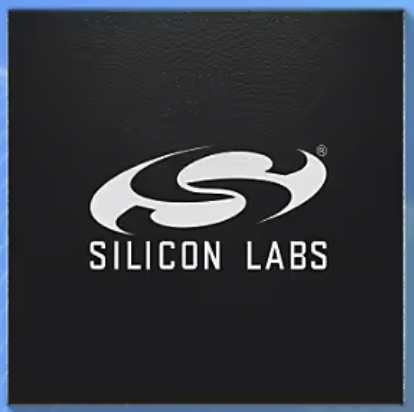 Silicon Labs announced the expansion of their microcontroller unit (MCU) development platform with a new family of 8-bit MCUs optimized for price and performance.
Silicon Labs announced the expansion of their microcontroller unit (MCU) development platform with a new family of 8-bit MCUs optimized for price and performance.
These new MCUs join the PG2x family of 32-bit MCUs in sharing a single development platform, Silicon Labs Simplicity Studio, which is inclusive of all tools that are required like compilers, integrated development environments, and configurations.
As the applications for embedded computing continue to expand, developers need to be able to select the right hardware for the job. While 32-bit MCUs are ideal for more complex and compute-intensive tasks like machine learning inference or word recognition, there are much simpler tasks that don’t require the added power, and cost, of a 32-bit MCU. What has been challenging for developers, however, is that most 8-bit and 32-bit MCUs use different development tools, making it difficult to develop for both, so developers will often absorb the extra development costs despite not needing the greater compute.
That’s why Silicon Labs designed its 8-bit and 32-bit MCU offerings to both leverage Silicon Labs Simplicity Studio. This development platform, also shared by Silicon Labs wireless-enabled SoCs, drastically simplifies and accelerates the ability of device manufacturers to bring a broad range of devices to market. This eliminates the need for developers to learn two sets of tools and enables them to cost-optimize their devices by selecting the part that best fits the application’s needs.
Simplicity Studio is also the development platform for Silicon Labs’ portfolio of wireless SoCs, allowing developers to develop once and deploy in multiple product variations regardless of whether some are connected and some are not. For example, many consumer products like electric toothbrushes now come in connected and non-connected versions. The connected versions are ideal for consumers who wish to track their brushing habits, while the non-connected versions are for those who simply want to brush. For developers, this means they can develop once and deploy twice – or more – for connected and non-connected products.
The new BB5 family includes the most powerful 8-bit MCUs on the market, as the 50 MHz core frequency in the BB5 family generates 36% more computing power than any other general 8-bit MCU. Ideal for battery-powered applications like power tools, handheld kitchen tools like immersion blenders, and even children’s toys, the BB5 family supports a wide range of voltage options, from 1.7 to 5.5 volts, allowing them to last for years in the field on a coin-cell battery. They also come in a variety of packing sizes, from 2 mm x 2 mm for the BB50 MCU, while the BB51 and BB52 MCUs are 3 mm x 3 mm offering additional GPIOs and increased analog functionality. For certain applications, the 8-bit BB52 even offers greater price-performance than competitive 32-bit MCUs.
The new BB5 family is now generally available from Silicon Labs and distribution partners.






Leave a Reply